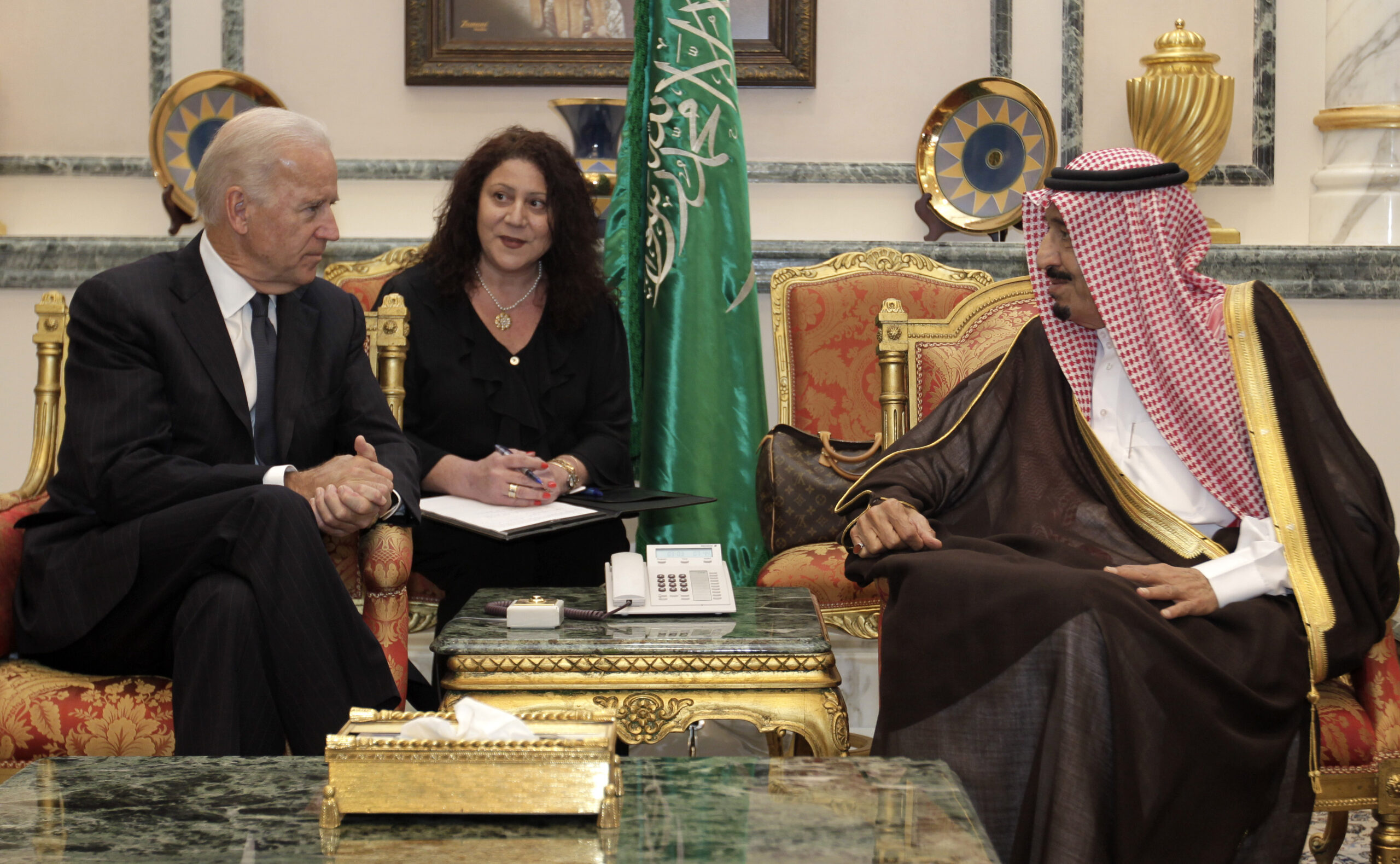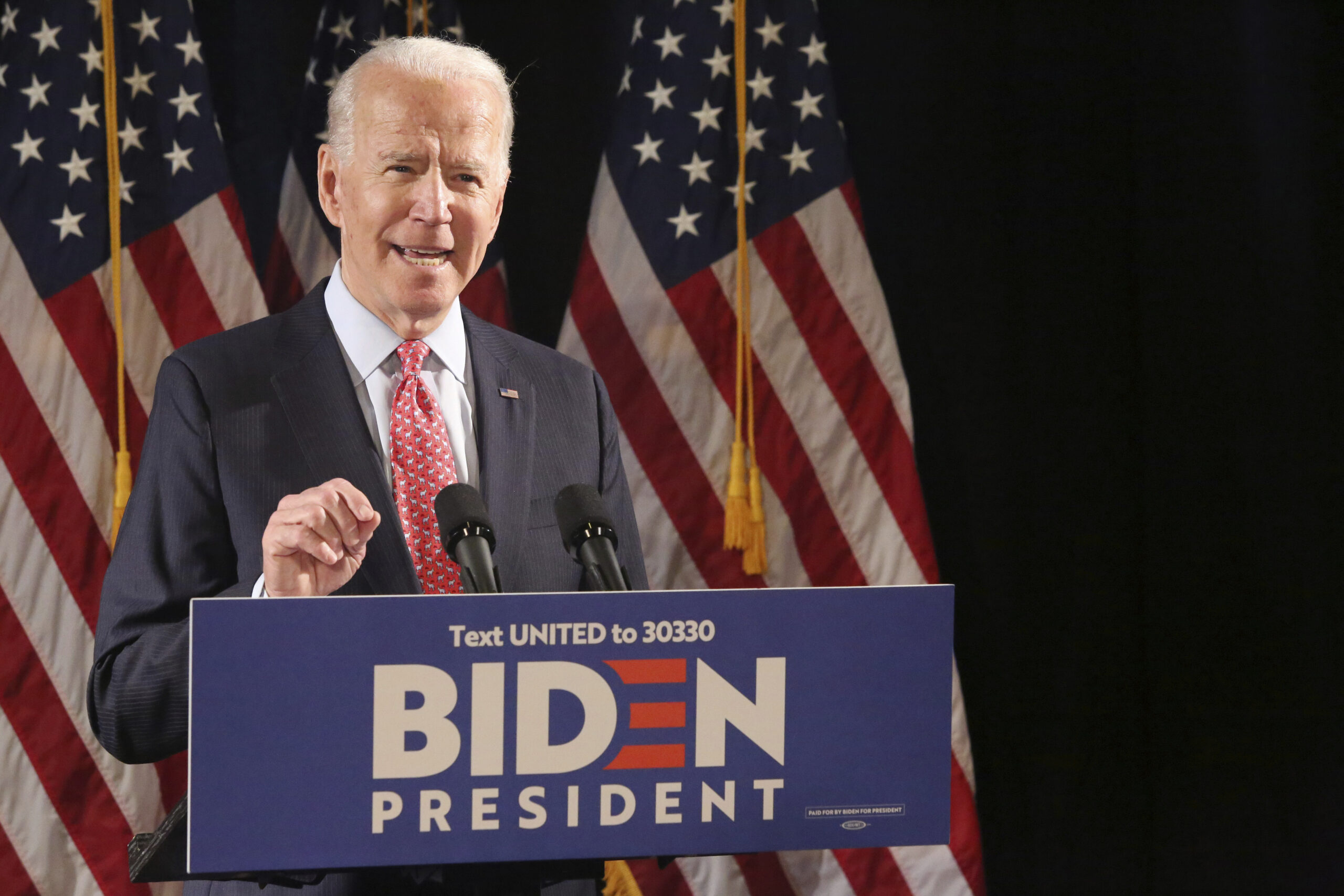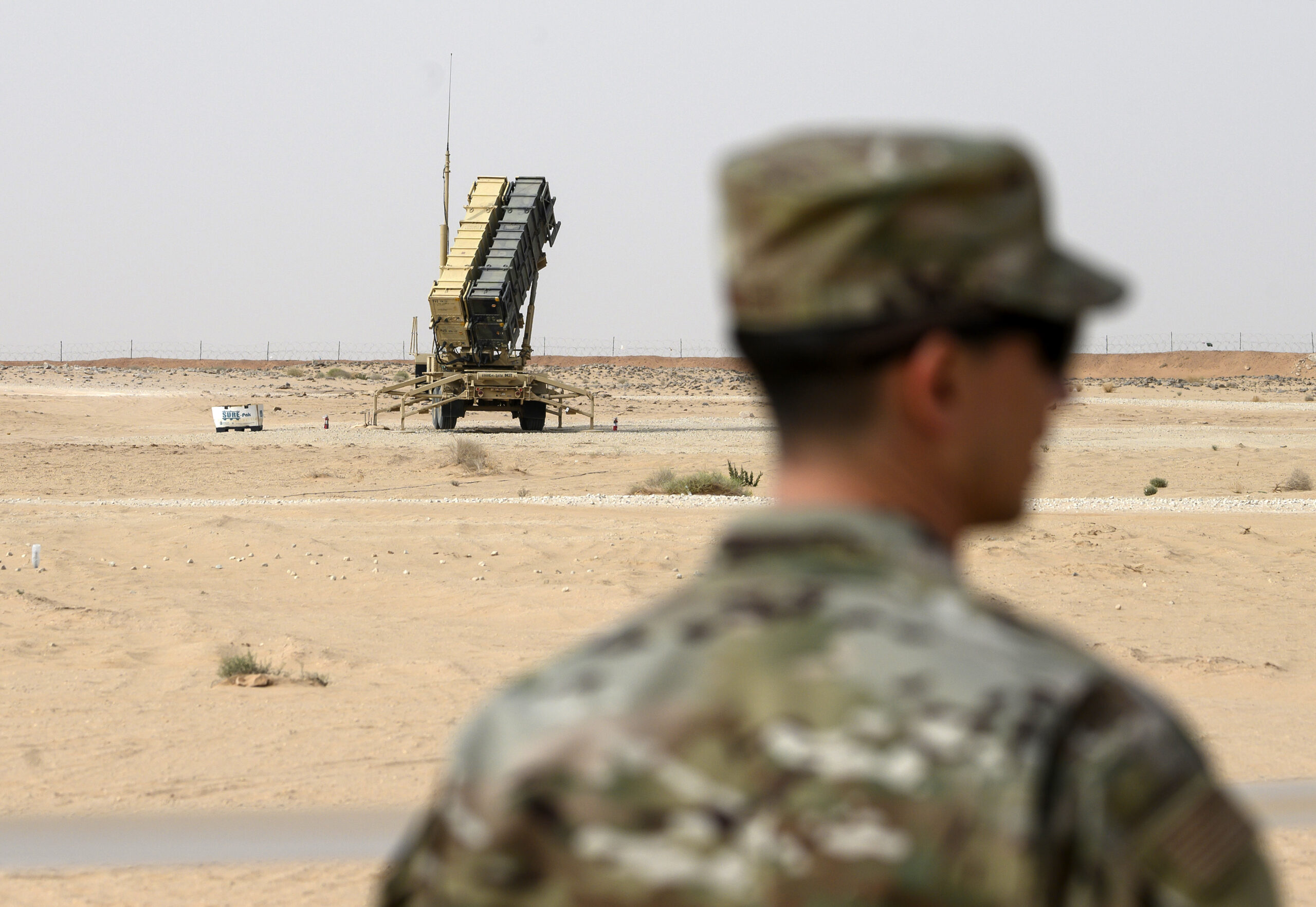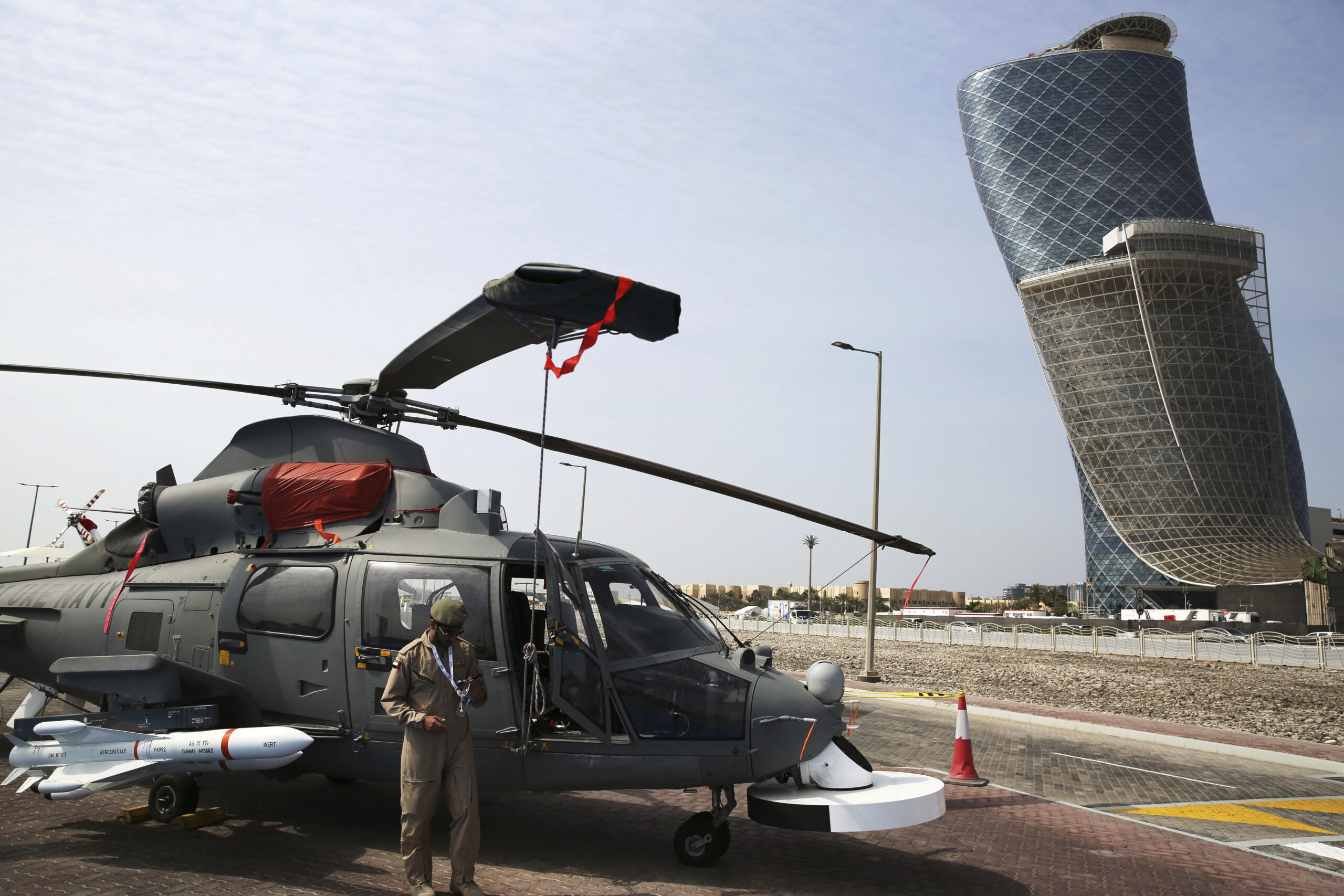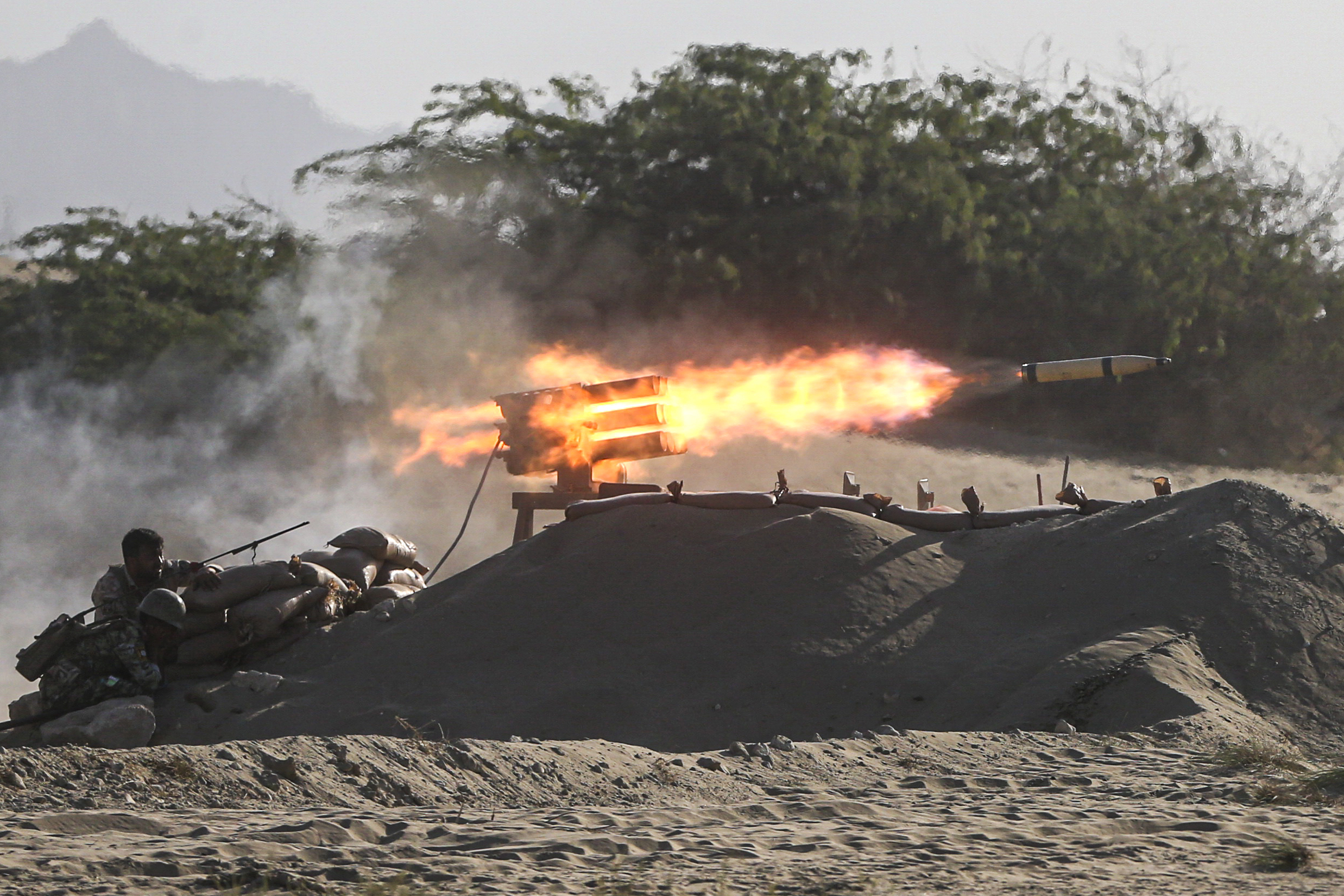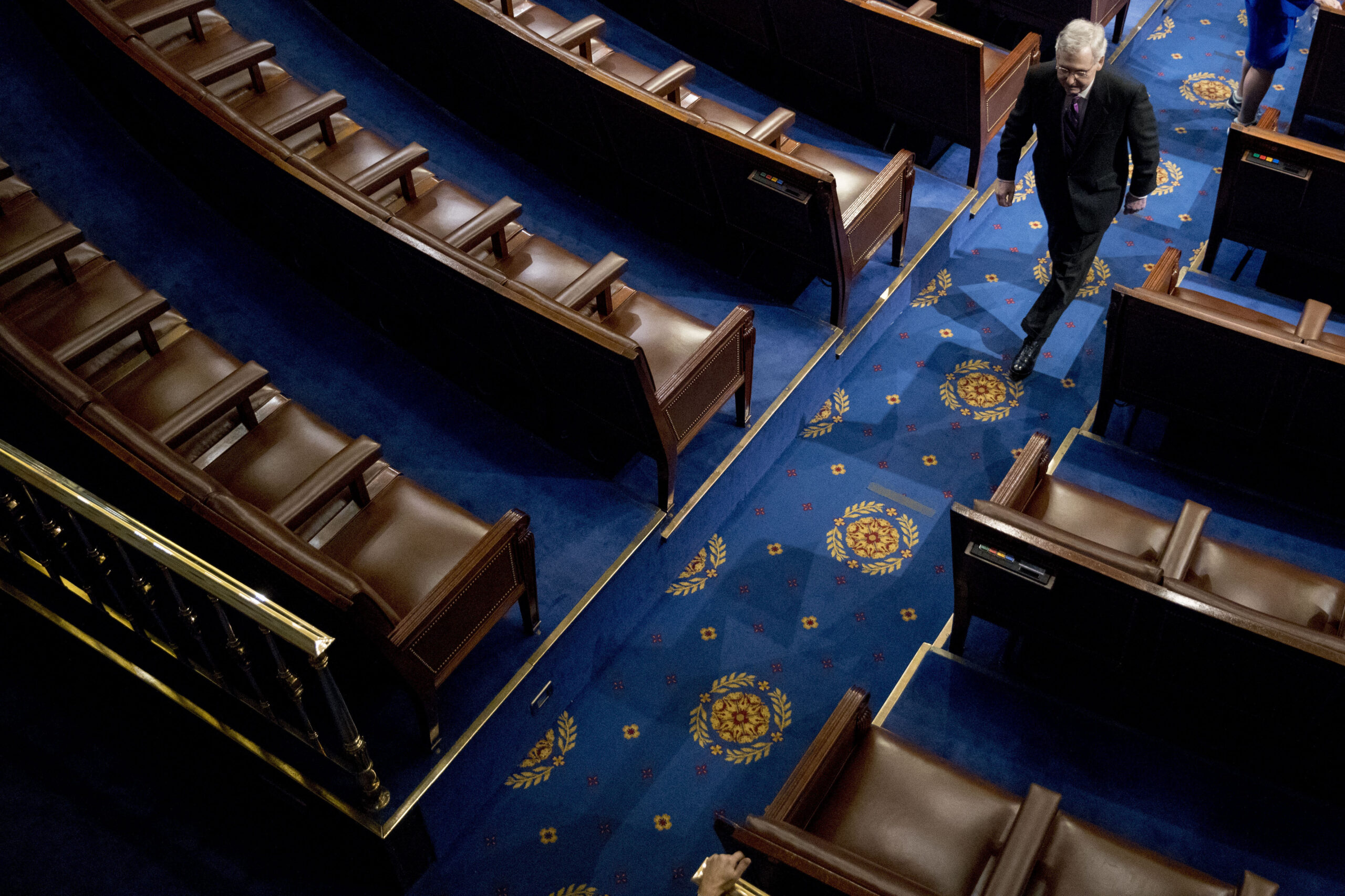Prospects for Biden Administration Arms Sales to the Gulf: Revolution or Reversion to Norm?
Biden will likely put weapons sales to the Gulf on the back burner, but, at the end of the day, the administration’s positions on arms sales will reflect continuity, not change.
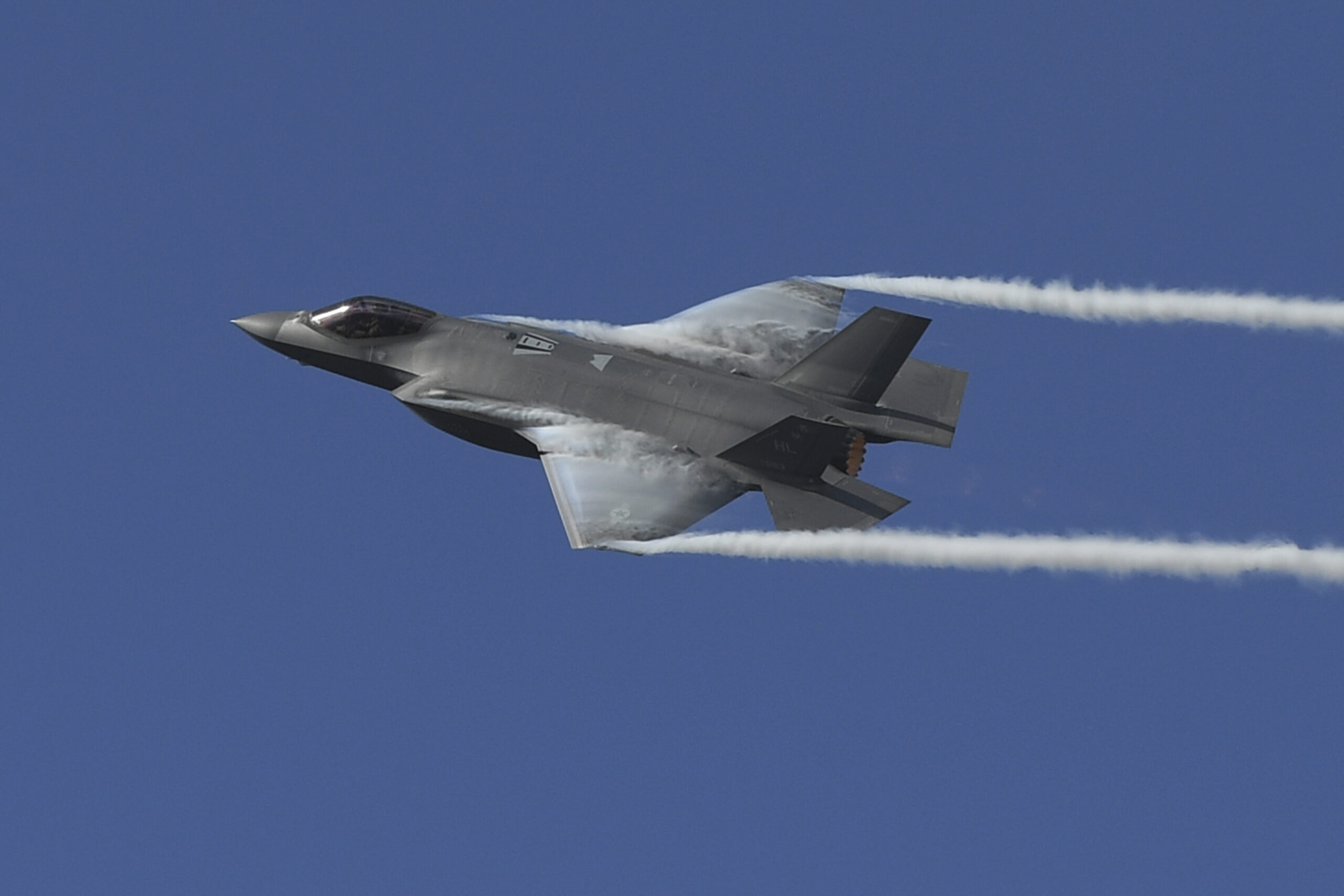
Every U.S. administration comes to power having made many promises. Some of these promises become policy, while others are discarded in the normal cut and thrust of governance. The incoming administration of President-elect Joseph R. Biden Jr. – mostly composed of experienced Washington hands – seems a bit conflicted regarding weapons sales to the Gulf Arab states. On one hand, Biden has promised a “return to normal.” On the other hand, Biden’s campaign has promised to end U.S. military support for the Saudi-led intervention in Yemen and Democrats in Congress have opposed recent arms sales to the United Arab Emirates. Once in power, most presidents modulate their more dramatic campaign promises, which may well be the case for Biden. While there will be a short period of assessment and a pause in new weapons sales, the Biden administration’s positions on arms sales to the United States’ key Gulf allies are likely to have much in common with Trump’s and Obama’s.
In general, there has been bipartisan consensus for U.S. weapons sales to the Middle East, especially to U.S. allies in the Gulf Arab states. For example, the largest foreign military sale in U.S. history, the recapitalization and upgrade of Saudi Arabia’s F-15 fleet, was concluded during the administration of former President Barack Obama. As a result, the most modern jets flying over Yemen today were sold due to a sustained and exceptional effort by the Obama administration. The Obama administration also renewed U.S. weapons sales (and military aid payments) to Egypt after General Abdel Fattah al-Sisi’s military overthrow of the government of President Mohamed Morsi, in spite of various laws requiring suspension of security assistance after coups: The Obama administration simply declined to determine if a coup occurred.
Rather than a strictly partisan issue, opposition to weapons sales often tends to be an issue between branches of government: Congress (particularly if it is controlled by a different party than the White House) tends to be more restrictive toward weapons sales. Legislators, who can pick and choose the issues they care to engage on, are more able to focus on single issues than the president who must manage the entire spectrum of bilateral relations. The executive branch, as a result, often uses weapons sales as a key tool of foreign policy, giving them priority at times over other considerations, such as human rights violations.
Under President Donald J. Trump, important conventions and practices governing U.S. foreign weapons sales were transgressed. To a degree this approach reflected some accents of his campaign. Trump often suggested he viewed Washington’s standard procedures as a problem rather than a guide and ran promising to shake up the government. However, the system governing foreign military sales has evolved over decades into an elaborate process with involved sequencing and layers of formal notification to Congress that has proved resistant to an executive branch (headed by either party) seeking expedited action on armed sales. To circumvent the system, the Trump administration took advantage of the emergency and discretionary provisions in U.S. arms sales law.
The May 2019 invocation of an emergency to fast-track sales to the UAE, Jordan, and Saudi Arabia was the main break with precedent. The November 2020 fast-track foreign military sales notification of the joint strike fighter and armed drones to the UAE was seen in Congress as a second transgression. While Congress was unable to override Trump’s veto of a measure aimed at stopping the sale, it did receive a majority of congressional votes. It remains to be seen if the Democrats (and some Republicans) in Congress view these as systemic problems to be solved with legislation or just as a problem unique to the Trump administration.
A few other factors may impede further U.S. weapons sales to the Gulf Arab states. The first is connected with the exceptional closeness between Trump and some rulers in the Arab world, including in Saudi Arabia, the UAE, and Egypt. For members of the Democratic Party in Congress, attacking sales to these countries was partly seen as a way to attack Trump.
The Saudi-led intervention in the war in Yemen kicked off with significant support from the Obama administration – indeed, initially with more support than the United States provides the Saudi-led coalition today. Once Trump took office, however, the Yemen war attracted almost uniform opposition from Democrats in Congress; and Democrats now control both the Senate and House of Representatives.
Additionally, human rights in the Gulf Arab states are a serious concern for Democrats – and some Republicans on Capitol Hill – as well as for the incoming Biden administration. The killing of Saudi journalist Jamal Khashoggi and the continued incarceration of Loujain al-Hathloul and other political prisoners remain thorny issues in the U.S.-Saudi relationship.
As noted, Biden ran for office stating he would cease all U.S. support for the war in Yemen. Rep. Ro Khanna, a Democrat from California, has insisted this means an immediate halt to all weapons sales, intelligence, and logistical support to Saudi Arabia. It remains to be seen how the new administration will thread this needle, pressing for an end to the Yemen conflict while avoiding actions that could harm relations with key Gulf allies or possibly worsen the humanitarian crisis in Yemen. For example, significant U.S. intelligence support to Saudi Arabia provides information on civilian locations to be avoided, so if this support decreases, civilian casualties could increase.
Although important, these concerns likely do not signal the end of weapons sales to the Gulf Arab states. But they reinforce what is likely to be the new administration’s predisposition to proceed cautiously on this issue.
Biden will likely opt to put weapons sales to the Gulf on the back burner for several reasons. First, it is not likely that there will be controversial major weapons requests from any of the Gulf states in the first six months or so of the Biden administration. Most of the big-ticket items desired by the Gulf states were already processed during the Trump administration: There may be executive-branch holds placed on weapons transfers (as with Bahrain and Egypt during the Obama administration), but these will be short-term efforts.
Second, the Biden administration will need some time to get its national security team in place and develop policies toward the region. While arms sales are under the formal purview of the State Department, the Defense Department is generally the driver and facilitator of sales in practice. General Lloyd Austin, the nominee for secretary of defense, is very familiar with the Gulf and its security concerns. Assuming he is confirmed, it will take some time for him to establish his team and priorities. Building a new global strategy with a new team – not weapons sales – will likely be the most pressing issue for some time.
Finally, the Gulf states themselves are unlikely to press for major weapons sales so soon into the Biden administration. These countries closely watch developments in Washington and are aware of the objections raised in the Democratic Party to past weapons sales. Biden’s party holds razor-thin margins in both the House and the Senate: The cautious and pragmatic leadership of the Gulf will be likely to hold back on new weapons requests and avoid publicity until the new dynamic of Washington has emerged.
The Gulf states know and have worked with many of the incoming players in the Biden administration. For example, the nominee for under secretary of defense for policy – the Pentagon’s key player in bilateral relations – was the official at the Department of Defense in charge of Middle East affairs for several years during the Obama administration. The Gulf states will step up their outreach, hire new lobbyists who have better connections to the new administration, and assess what is likely to change.
Moreover, the Gulf states are likely to remind the United States that they have alternative options to U.S. weapons. There are likely to be some additional weapons purchased from Europe, Russia, and China, such as relatively inexpensive armored vehicles and artillery systems, not fighter aircraft. The UAE presently fields the Russian Pantsir air defense system, and the Saudis field a Chinese howitzer; there may be augmentations to these.
When the Gulf states do eventually seek to purchase additional U.S. weapons, they are likely to ask for systems that are not controversial or related to the conflict in Yemen. Precision guided munitions have been the focus of congressional attempts to punish the Saudis and Emiratis for the war in Yemen. Instead, these states will likely seek to purchase weapons that will conform with the long-standing U.S. aim of seeing the Gulf Arab states equipped to deter Iran: air defense systems, naval systems, and combat service support systems.
It is still unclear how much Democratic opposition to Saudi and Emirati weapons sales was viewed, at least among some Democrats in Congress, as a way to attack Trump. But as the Biden administration transitions from campaigning to governing, it will likely follow the pattern of previous administrations and move from some of the relatively simplistic campaign pledges of out-of-office individuals and shift to managing bilateral relations with the full range of policy tools, including weapons sales. All administrations – regardless of their campaign rhetoric – soon discover U.S. security interests in the Gulf are real and cannot be secured without support from regional partners, regardless of disagreements over specific policies. In making this transition and ensuring it has the policy flexibility it needs, the new administration will need to work closely with potential allies on Capitol Hill. There will be some posturing and much rhetoric, but at the end of the day – as in other changes of U.S. administrations – what will be most remarkable will be continuity, not change.
The views represented herein are the author's or speaker's own and do not necessarily reflect the views of AGSI, its staff, or its board of directors.


